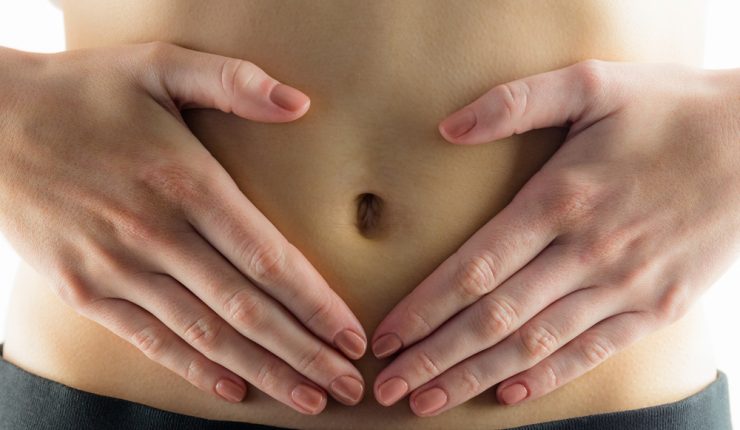Irritable Bowel Syndrome (IBS) can be a very distressing and painful problem.
Medical herbalist Gabriella Clarke looks at how to cope with symptoms the natural way.
Irritable bowel syndrome is a common problem, thought to affect one in five of us at some stage of life. It typically presents as painful spasmodic abdominal pain and bloating accompanied by bouts of diarrhoea and constipation. Although not life threatening, this condition can seriously interfere with day-to-day quality of life. Its cause is largely unknown but stress and diet appear to be the main triggers. There is no actual cure for the condition but it can be managed by some alterations to diet and stress management.
A drug known as buscopan is the most common over-the-counter remedy. This drug is actually of herbal origin and is based on an active constituent called hyoscine, which is found in Henbane and other plants of the same family. It has an anti-spasmodic effect and can help with temporary relief of symptoms.
Herbal medicine also provides some other wonderful remedies to help manage and alleviate symptoms.
The juice of this plant has a soothing and anti-inflammatory effect on the digestive system. It is particularly good if constipation is your main issue, as it exerts a gentle laxative effect. Try taking 10ml of the fresh juice twice daily. This herb should be avoided in pregnancy.
Herbalists call this plant ‘mother of the gut’ and with good reason. It has an antispasmodic and anti-inflammatory effect and is wonderful for treating painful IBS spasms. It is also a great remedy for anxiety and stress both of which can trigger bouts of IBS. It can be taken as a calming tea and is also available as a tincture or tablet.
This common spice has become more popular recently on account of its amazing anti-inflammatory effects. It is used to treat all types of inflammatory conditions from arthritis to asthma. It also reduces inflammation in the digestive system and is easy to add to most dishes. If you aren’t keen on the flavour, supplements are widely available.
This delicious vegetable has what is known as a prebiotic action, meaning it encourages the proliferation of healthy gut flora. Recent research emphasises the importance of healthy gut flora for all aspects of good health, especially the immune system, 70%of which is based in the gut. Artichoke is also great for normalising bowel function through its gentle but effective action.
PROBIOTICS
Overuse of antibiotics and other drugs and an excess of sugary foods and alcohol in the diet can upset the natural gut flora so you may want to consider taking a good probiotic supplement to help the colonisation of healthy gut bacteria. Eating fermented foods such as Sauerkraut or kimchi can really improve gut health and provide the right environment for healthy bacteria to flourish.
DIETARY CHANGES
IBS may be the result of food intolerances. Dairy foods and foods containing wheat and gluten are well known triggers. Try following an elimination diet; cut out one of these food groups for a month to see if symptoms improve.
Caffeine may also aggravate symptoms so try swapping tea and coffee for herbal teas and natural coffee substitutes such as barley cup. Beans and pulses may aggravate symptoms in some people. Raw or lightly cooked vegetables may also cause problems so make sure you cook them well to break down the cell membranes. Avoid sorbital – this common sweetener is commonly added to diet foods and can exacerbate diarrhoea and bloating. Don’t drink water or juice at meal times as this can dilute stomach acids, slowing gut transit and making symptoms worse.
EXERCISE
Daily exercise can be really beneficial and can help keep things moving and abdominal muscles flexing. Aim for at least 30 minutes of activity most days of the week. Choose an activity that you enjoy – that way you are more likely to stick with it.
CONSULT A HEALTHCARE PROFESSIONAL
Before taking any herbal remedies, if you notice any changes in your bowel habits and are experiencing pain you must visit your GP who can carry out appropriate tests to confirm the diagnosis of IBS or to investigate if something else may be going on.























